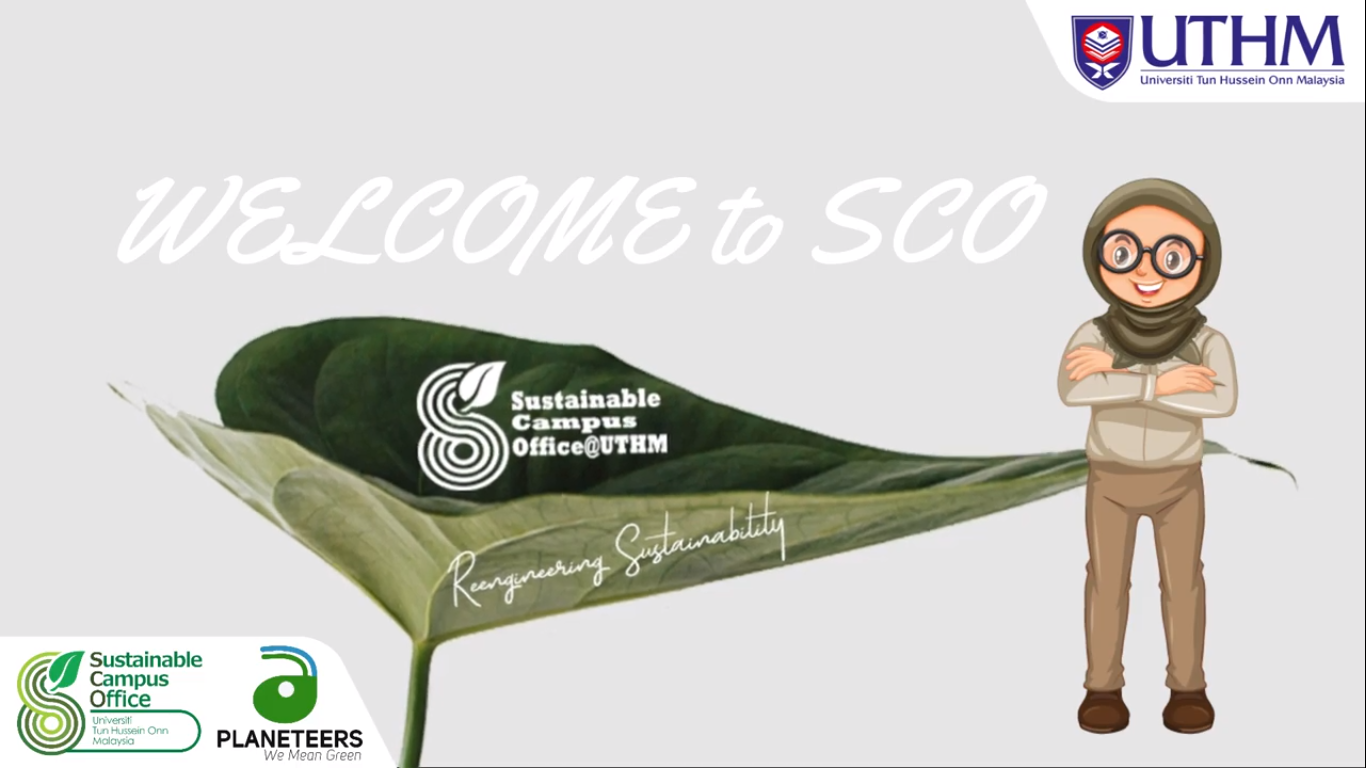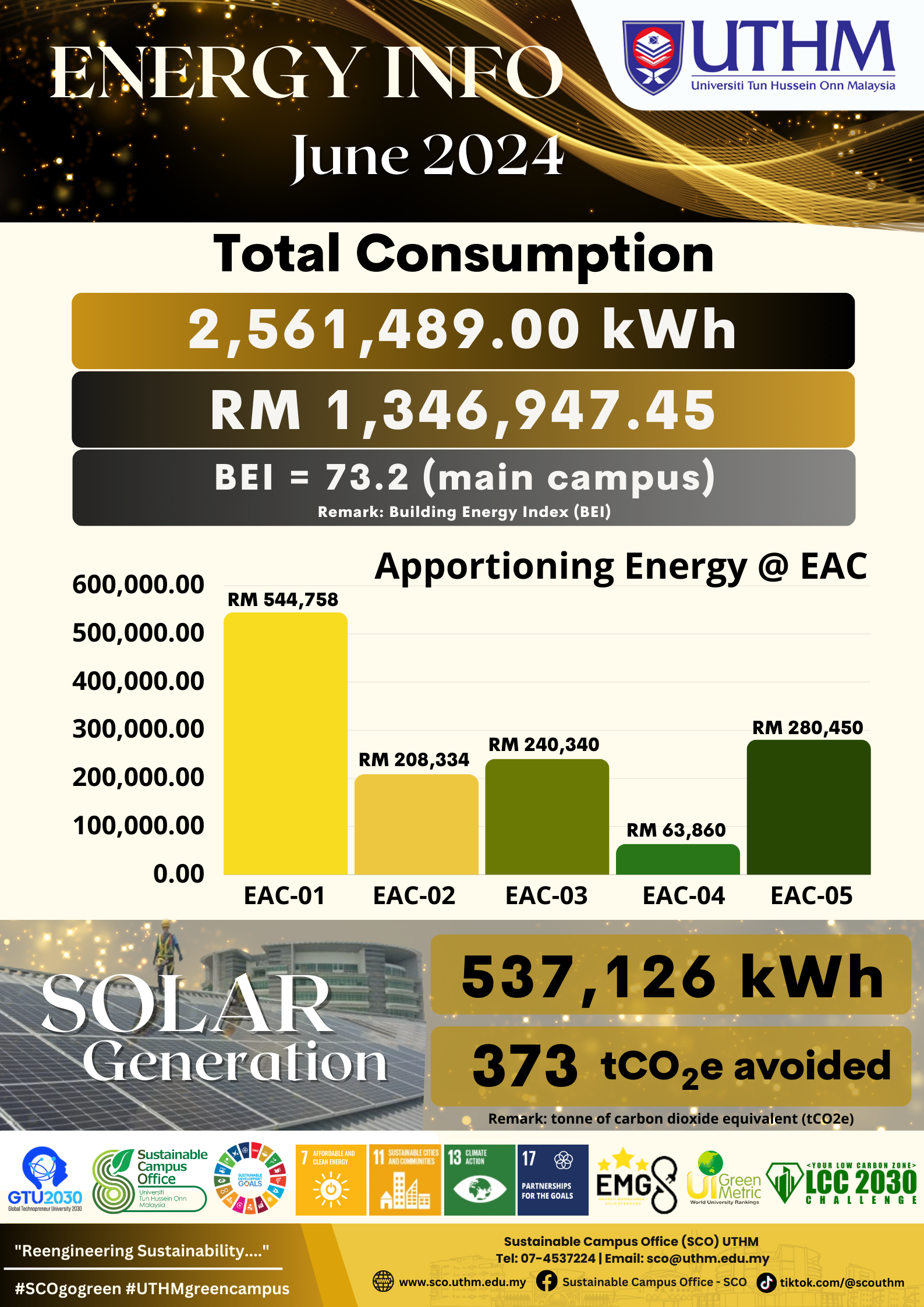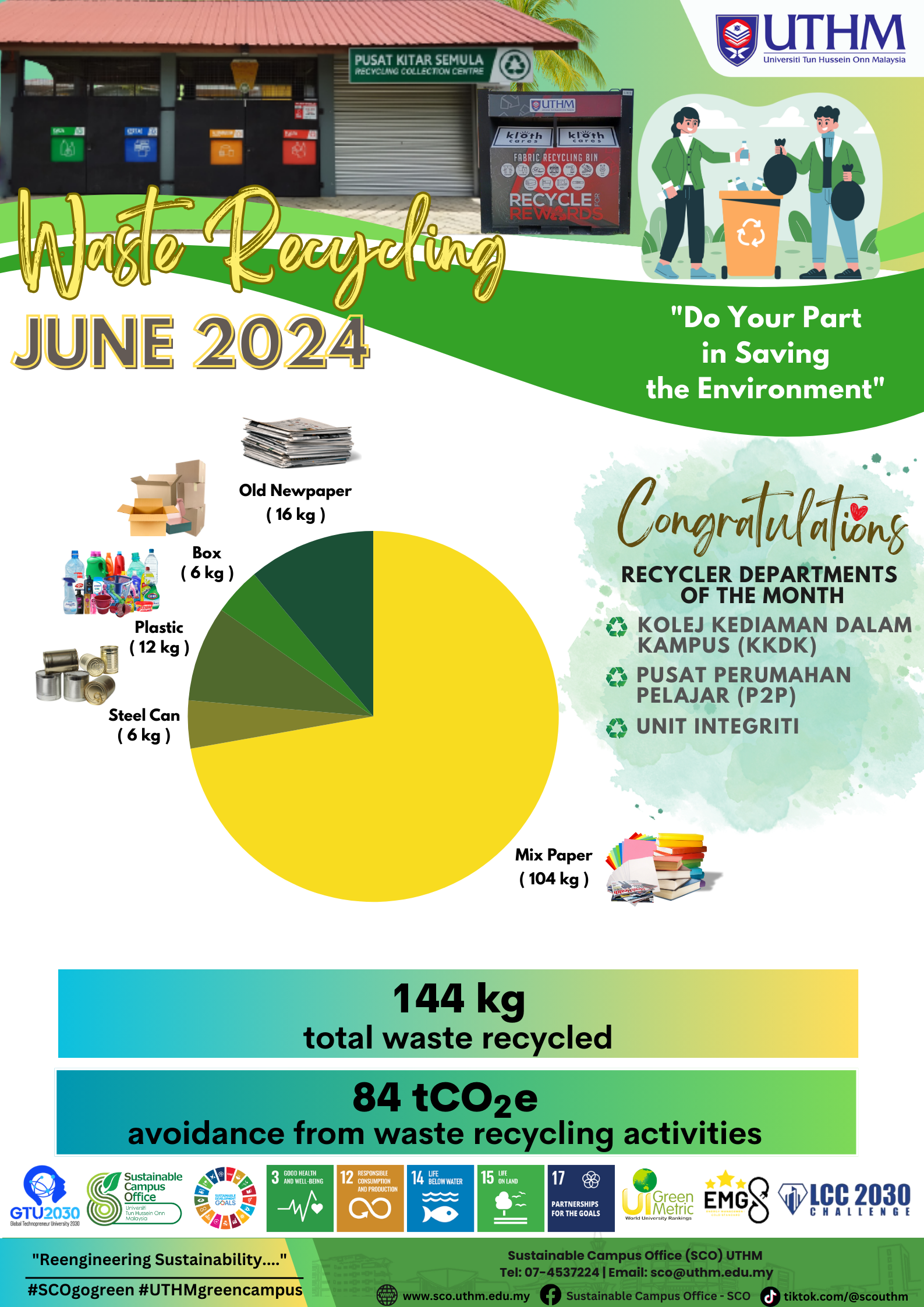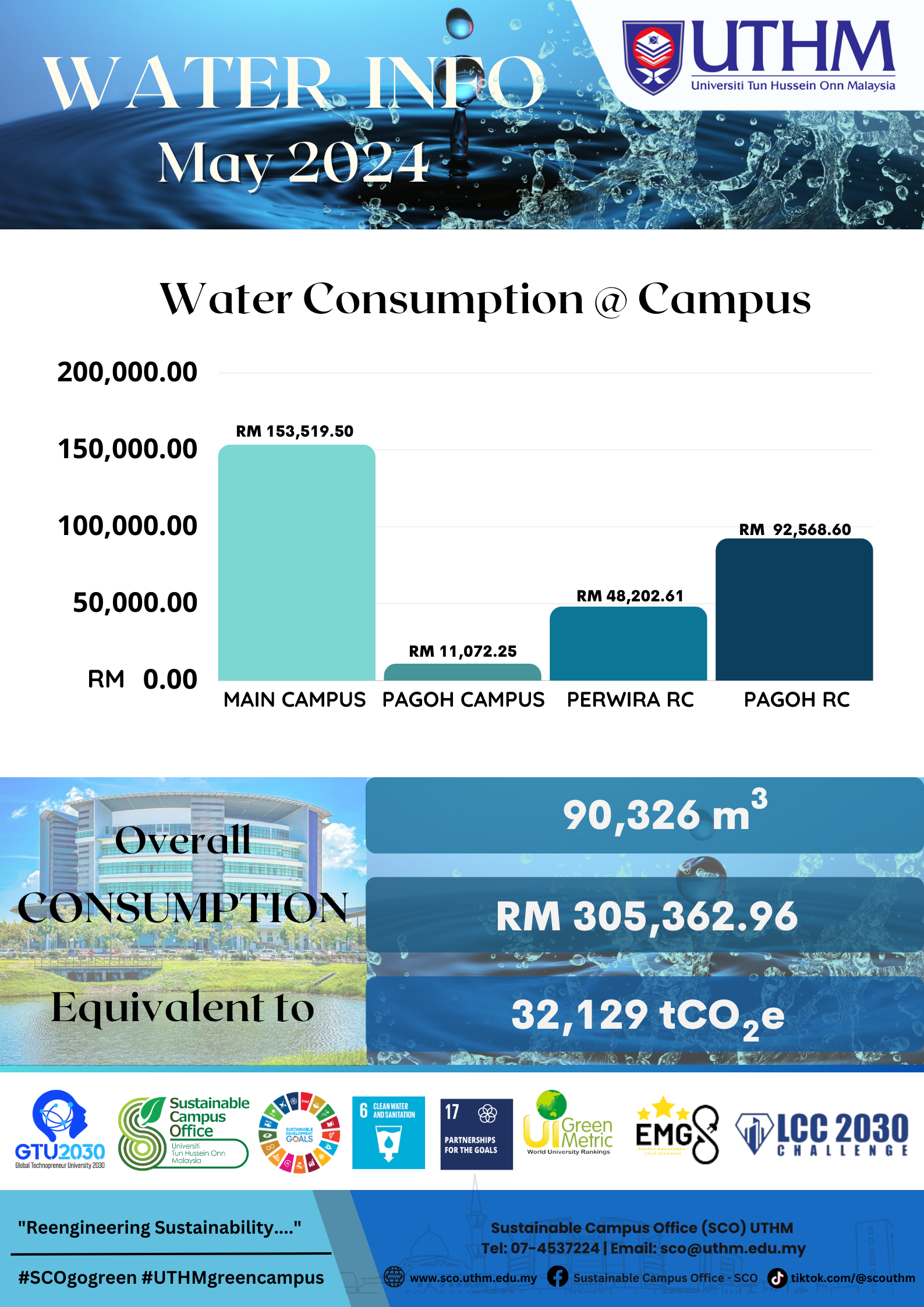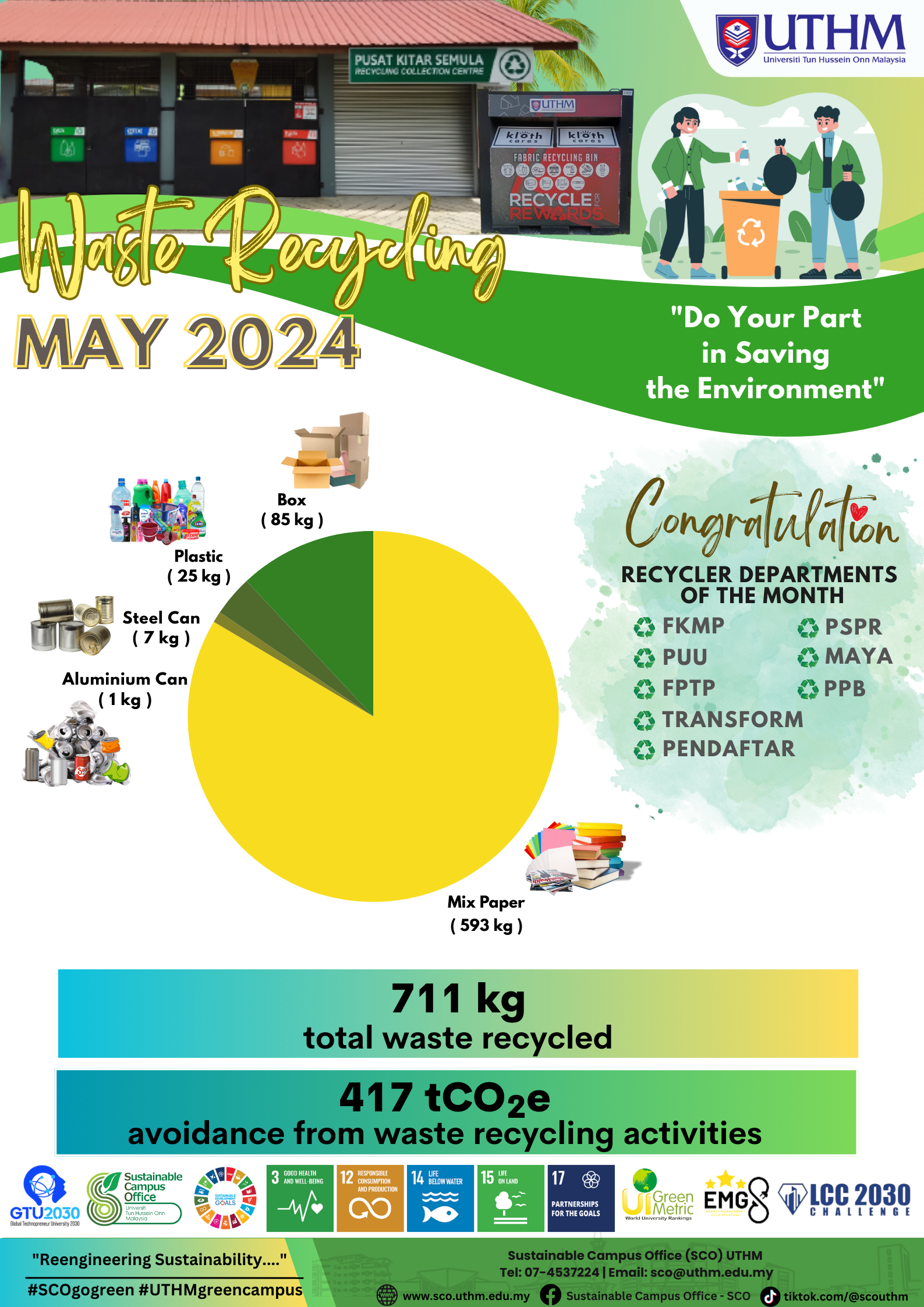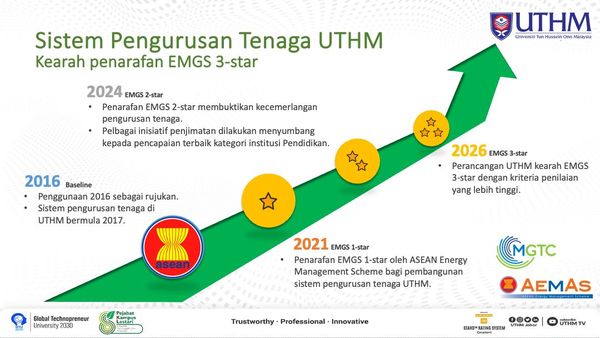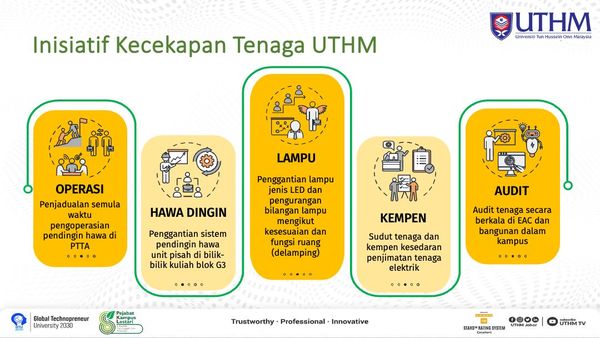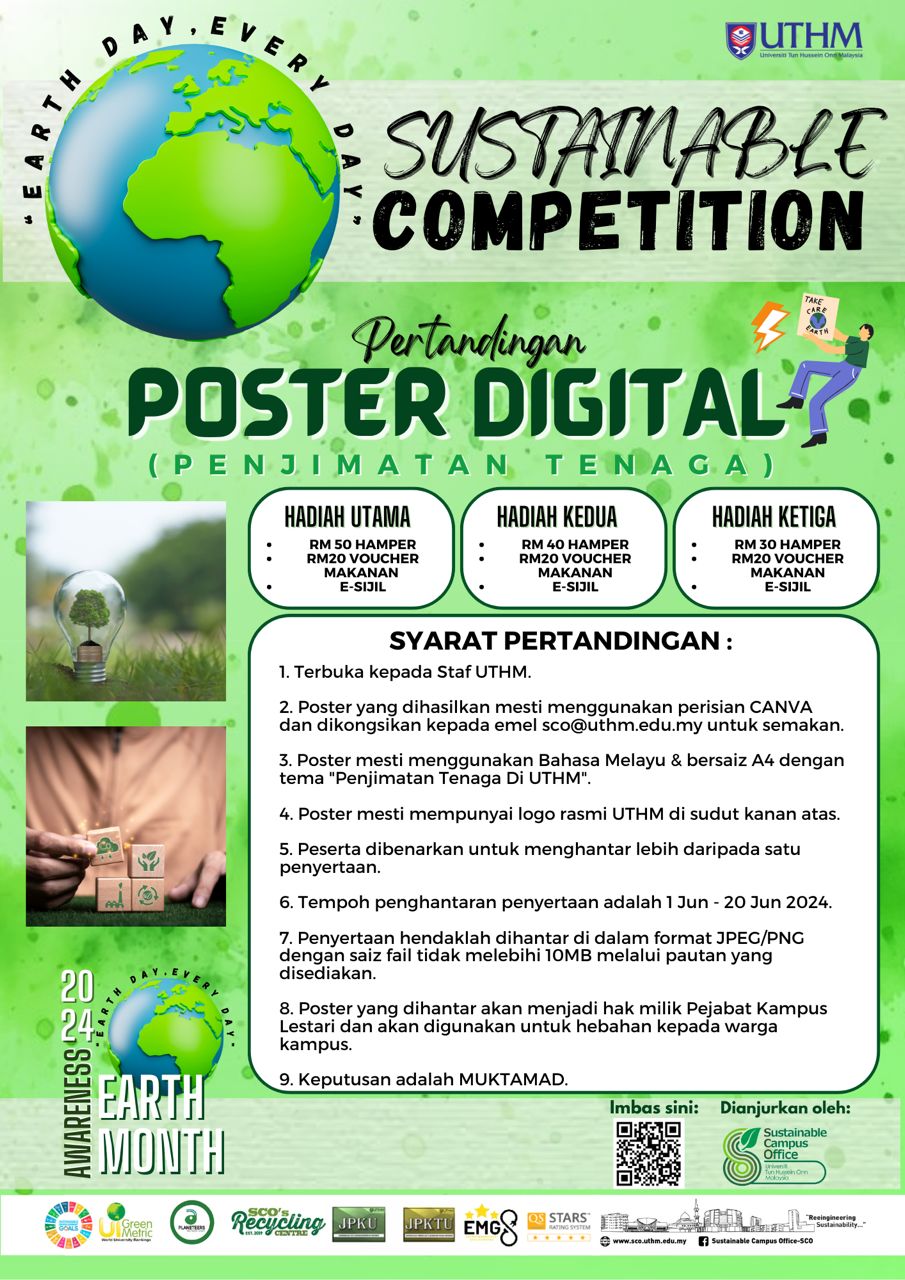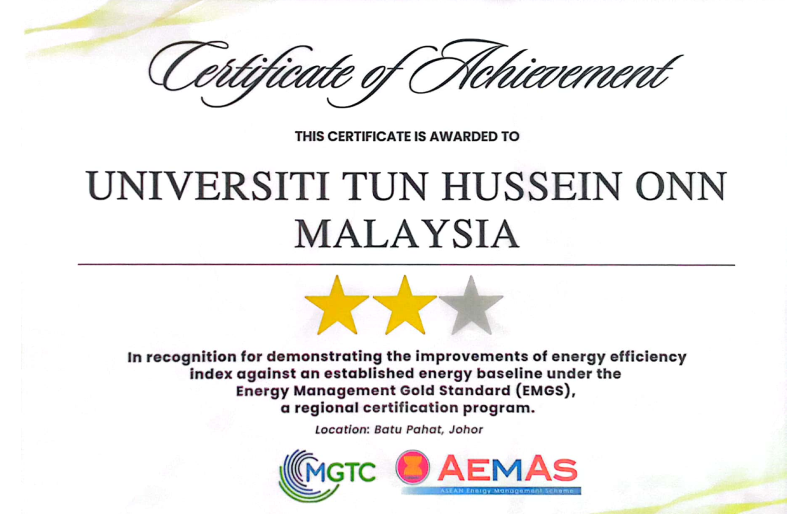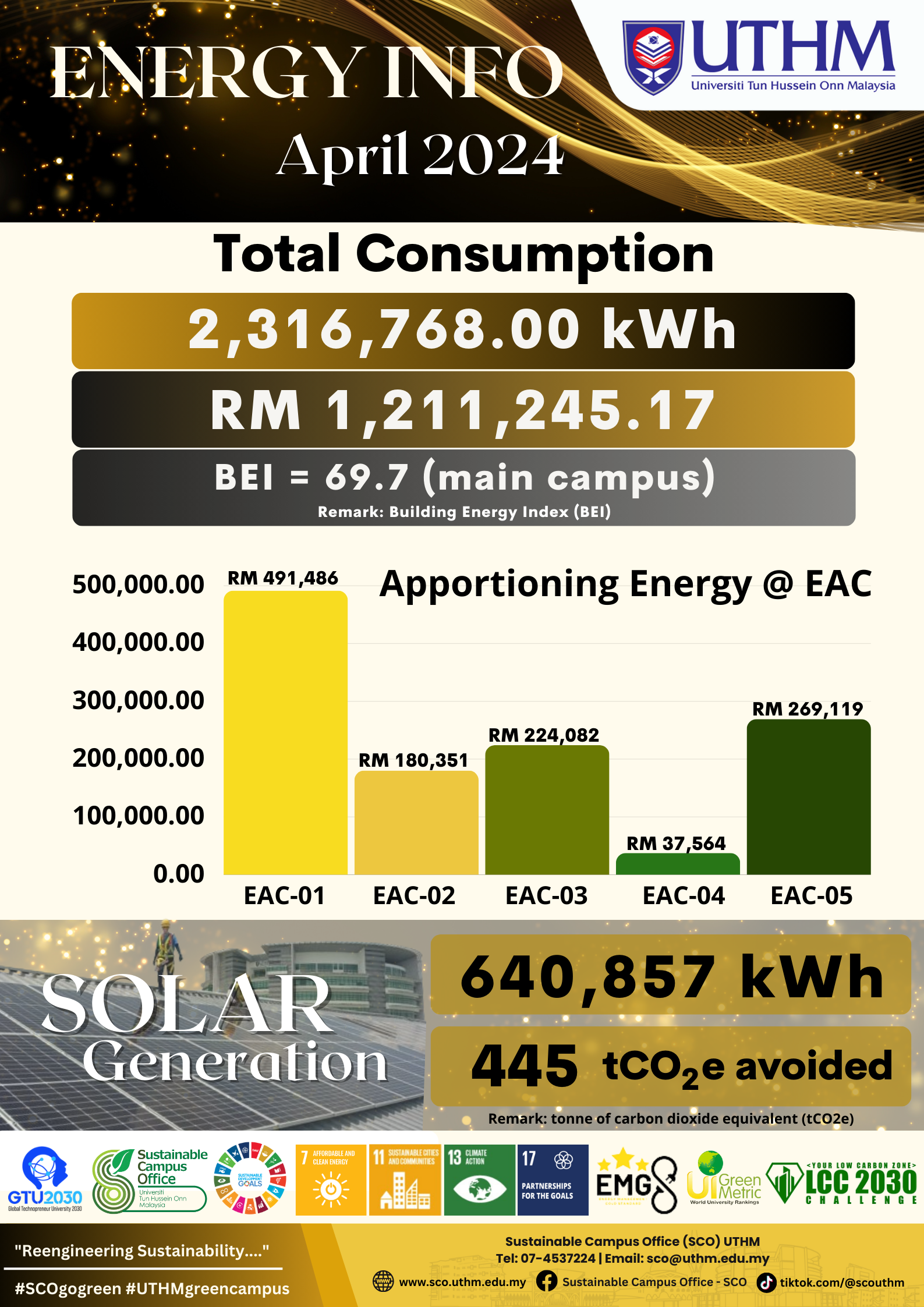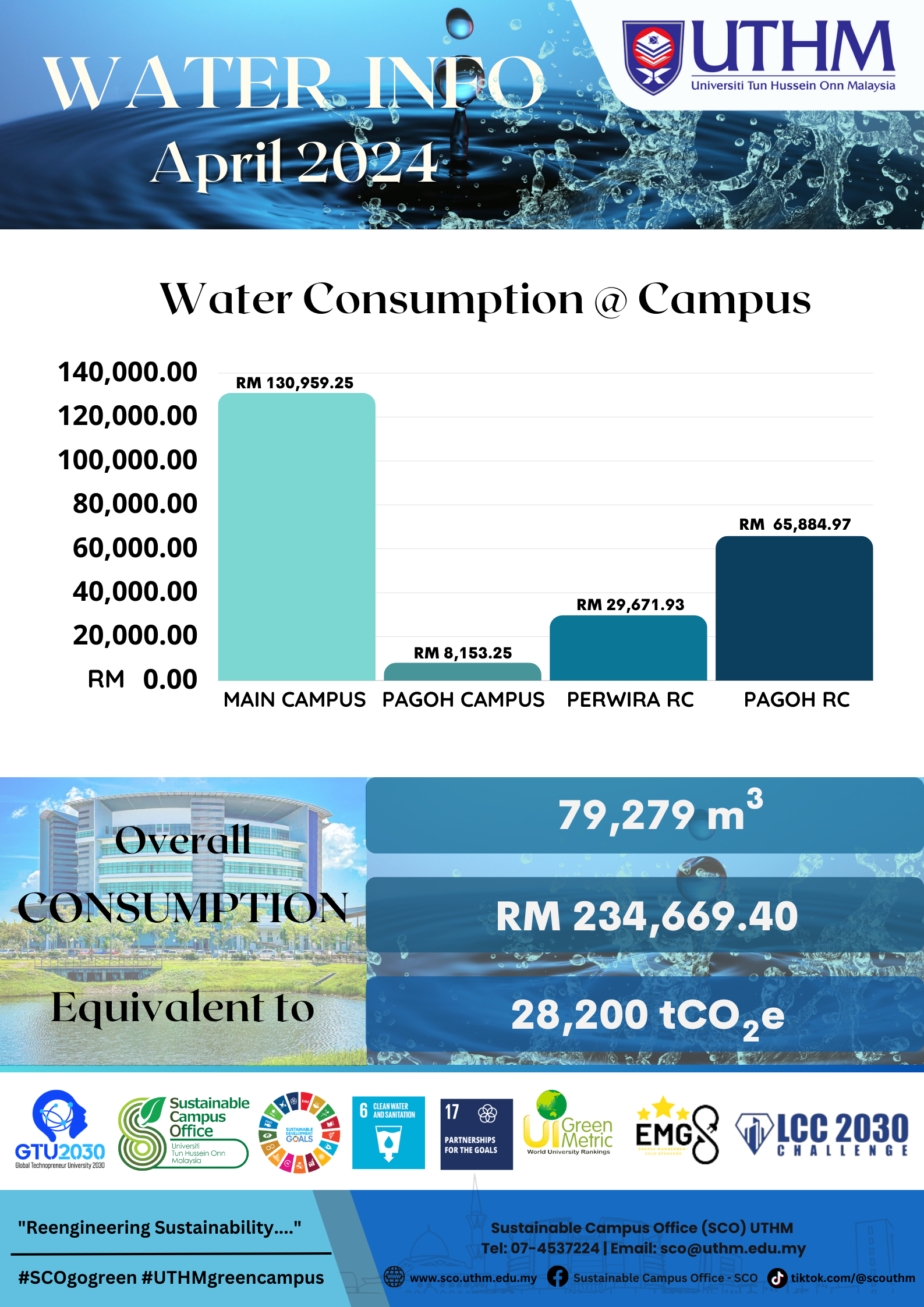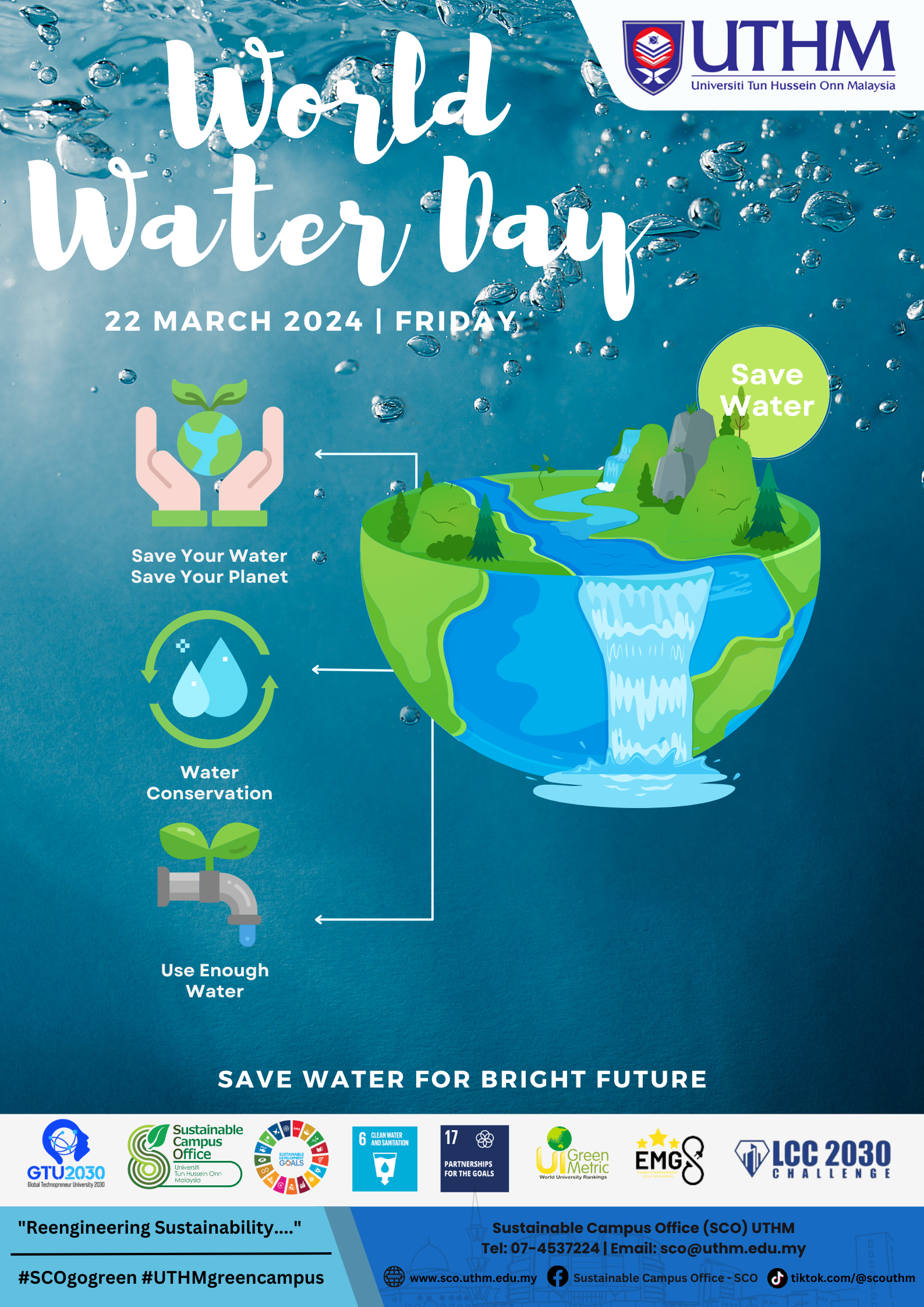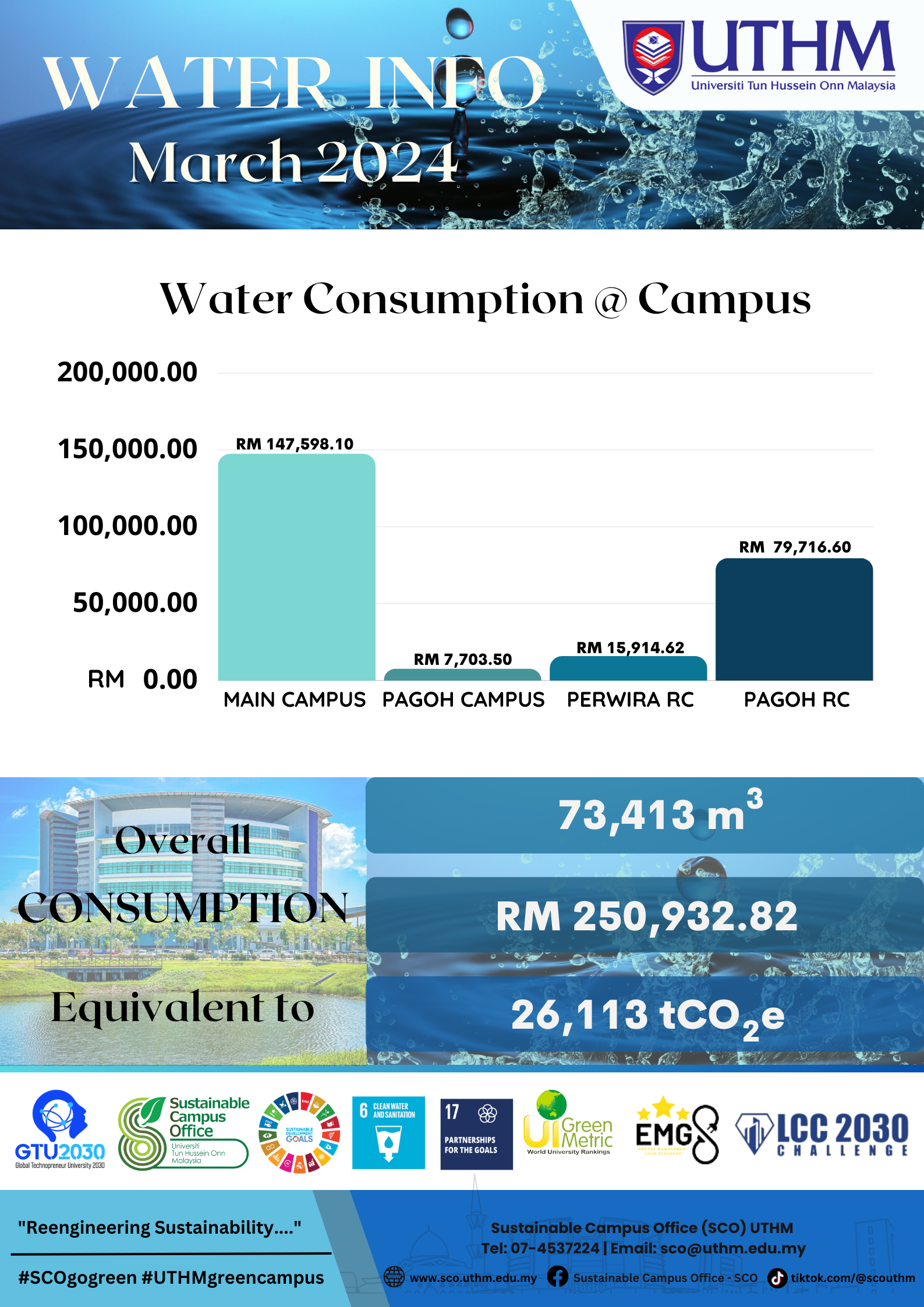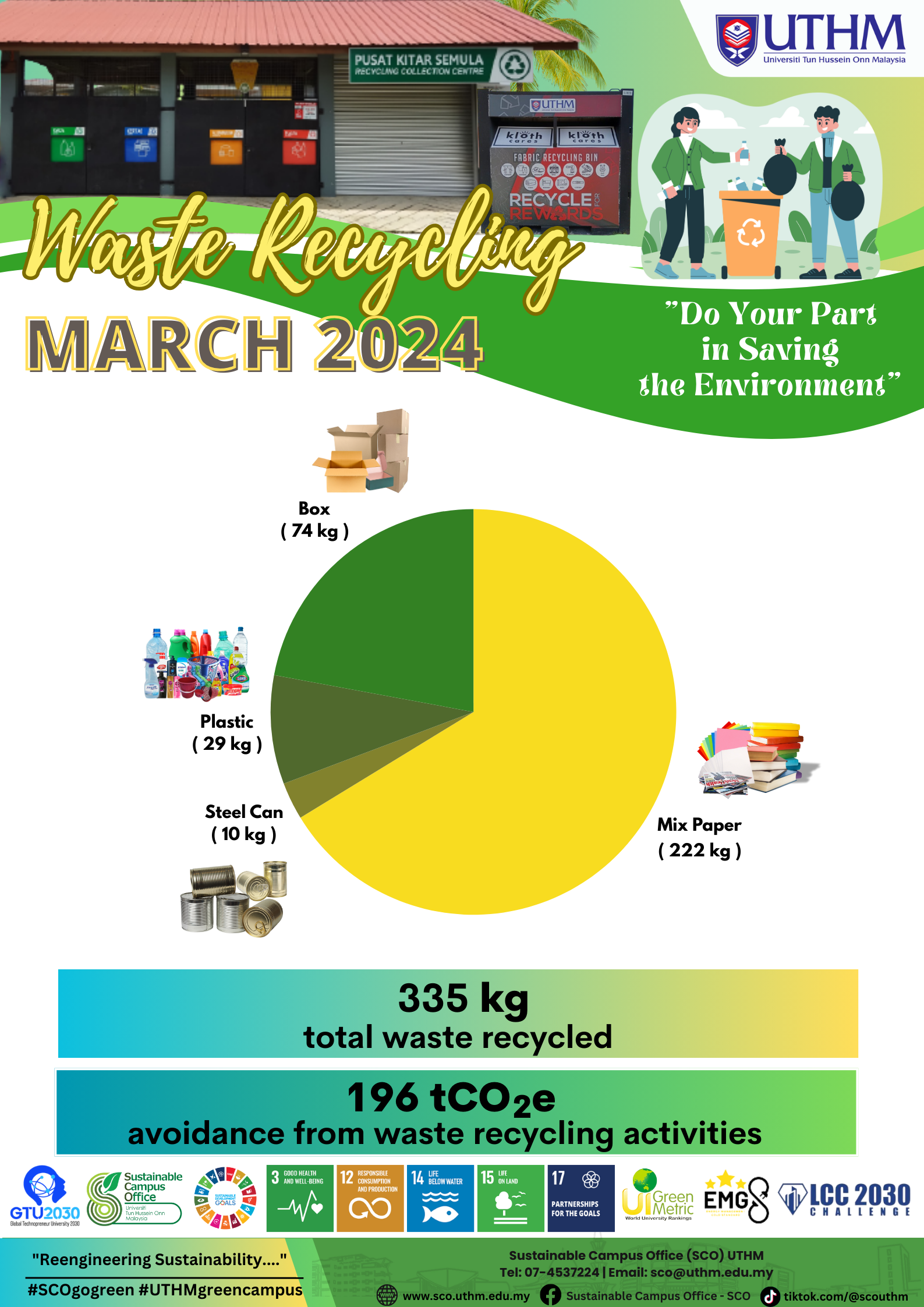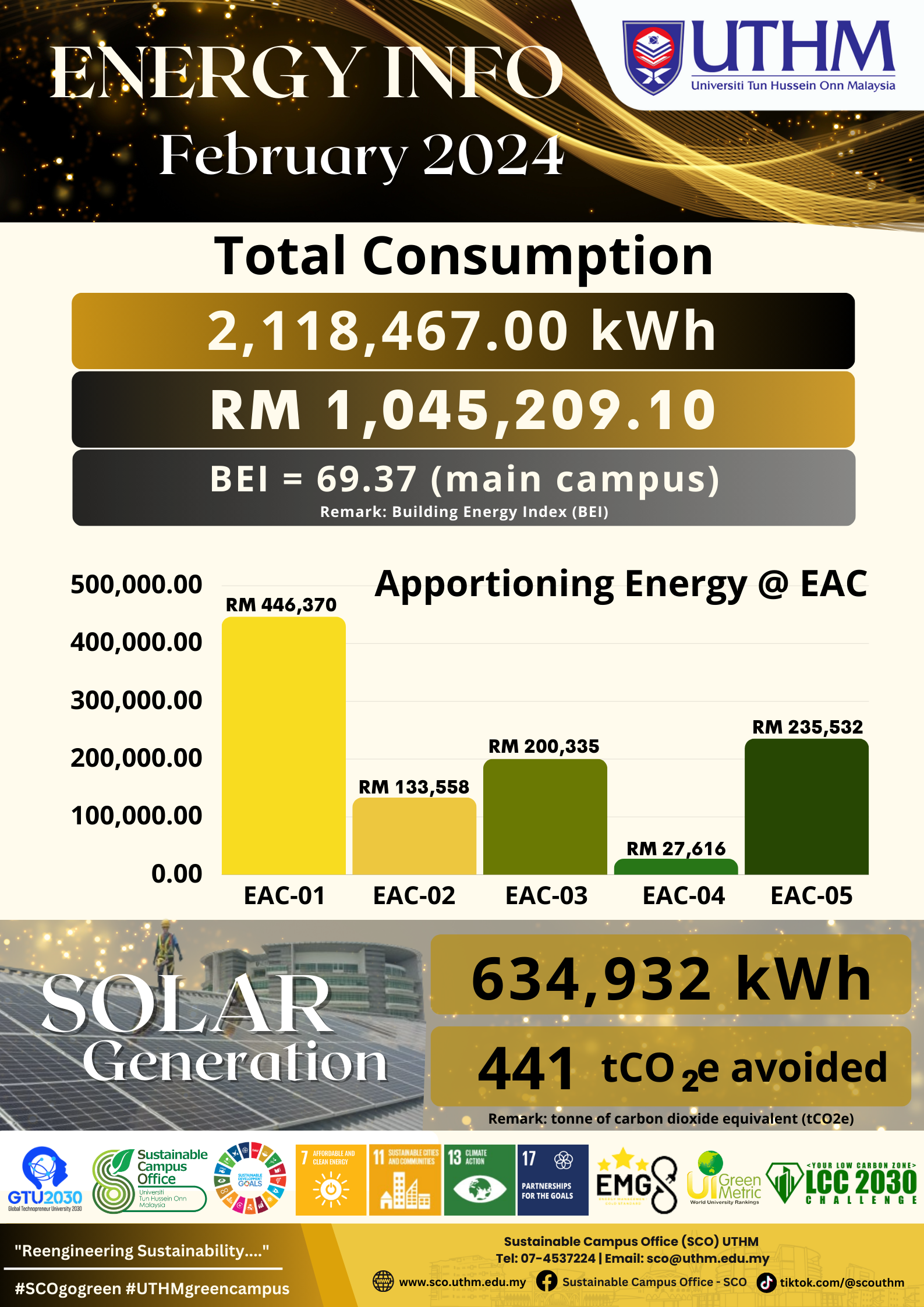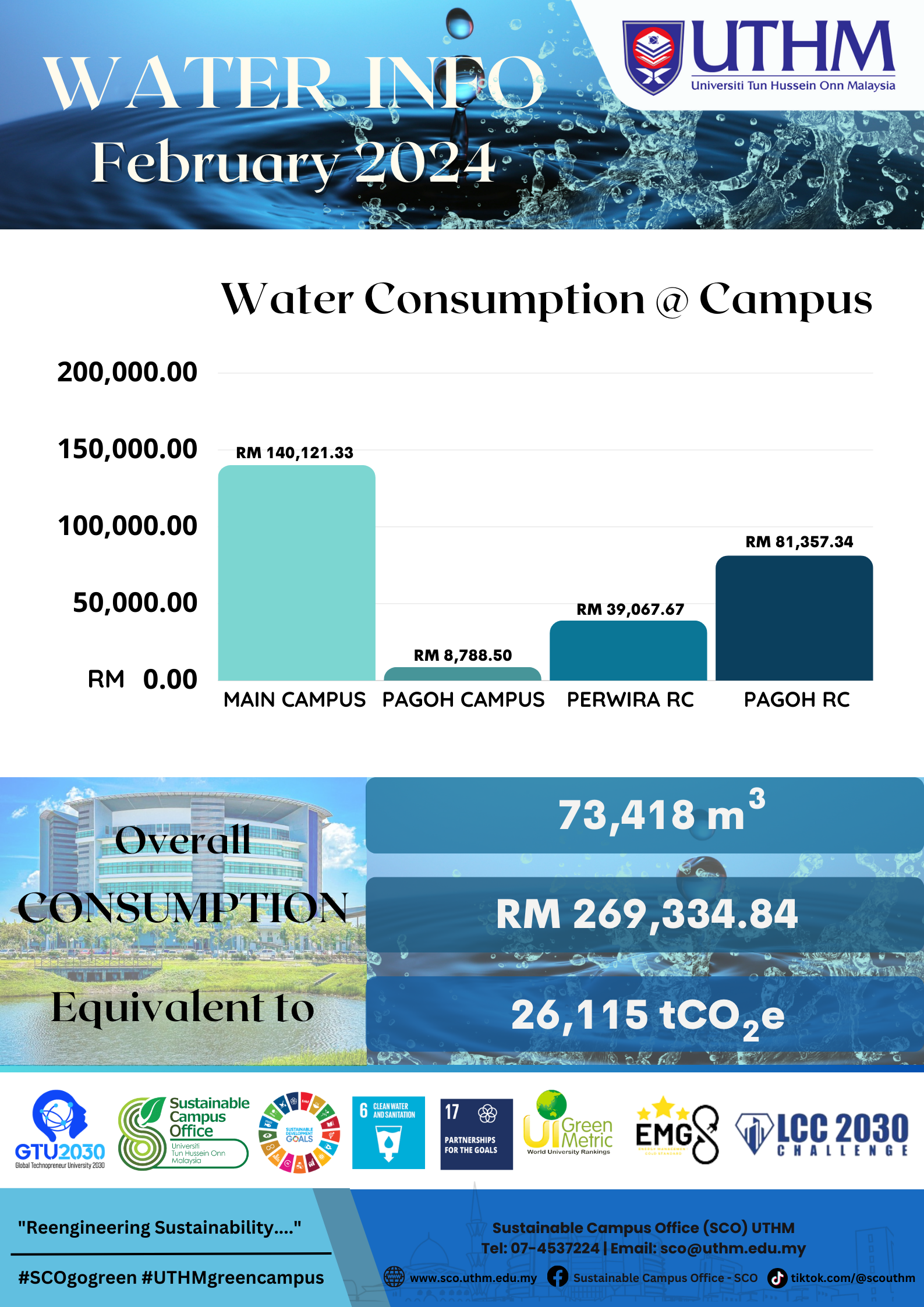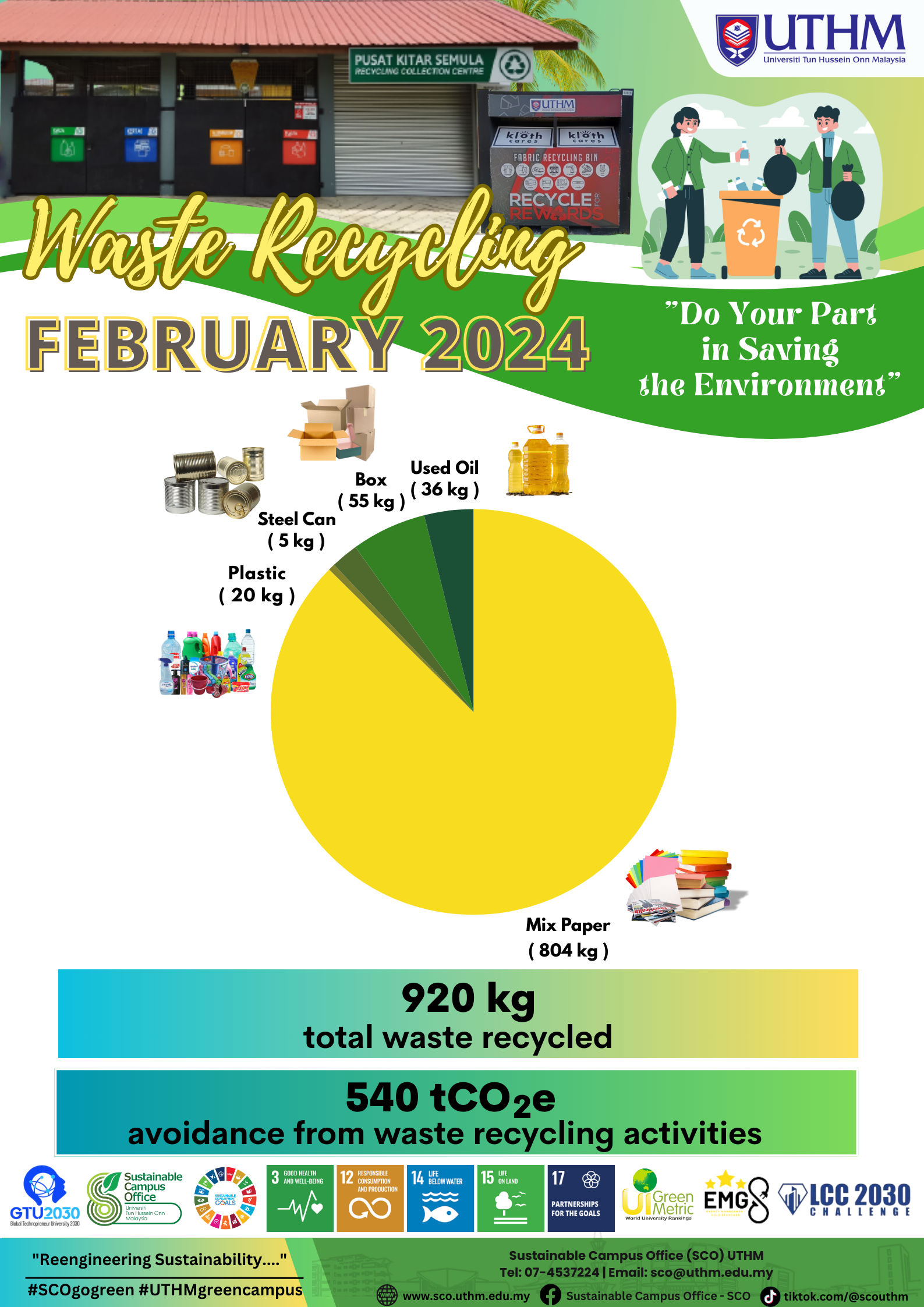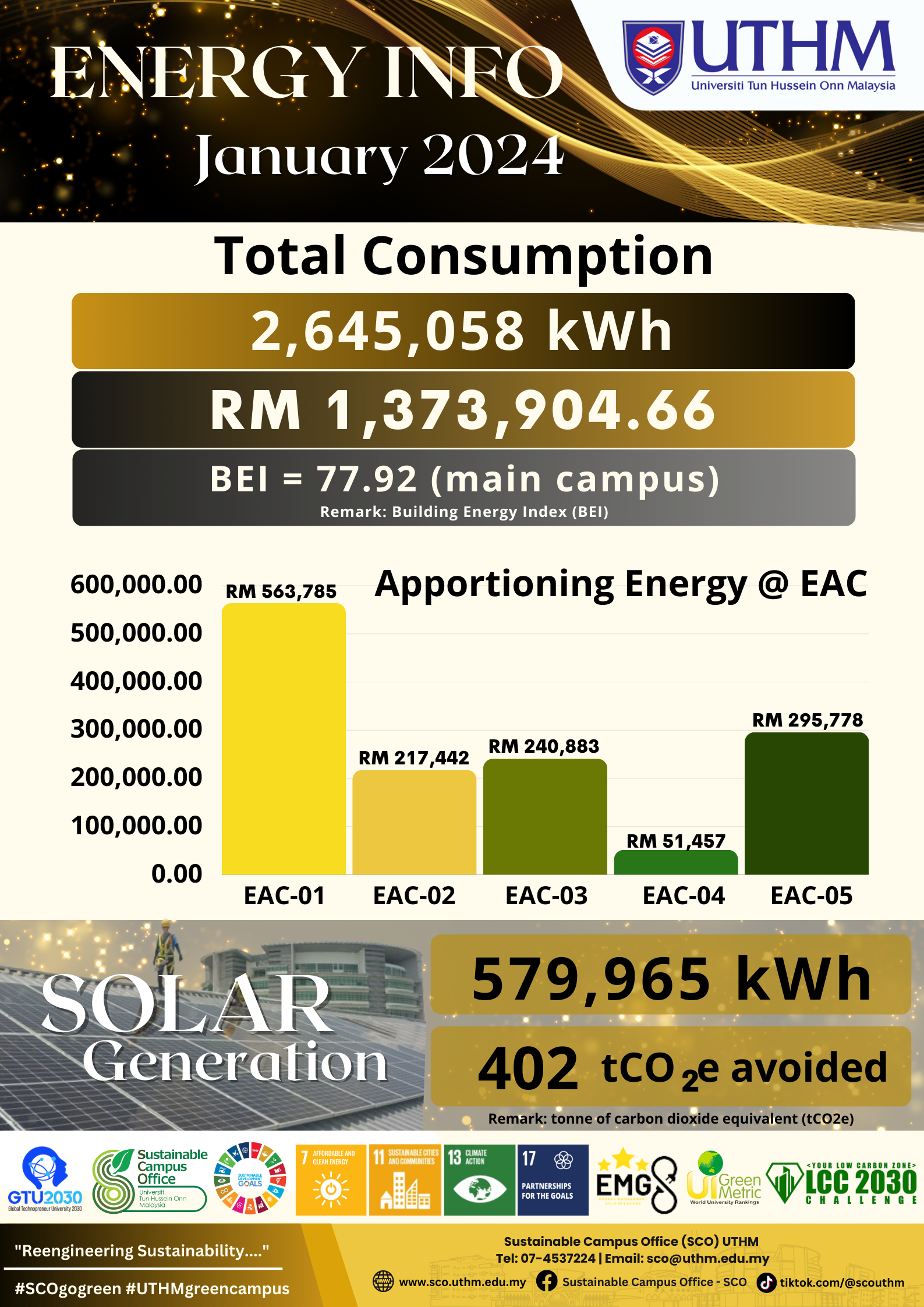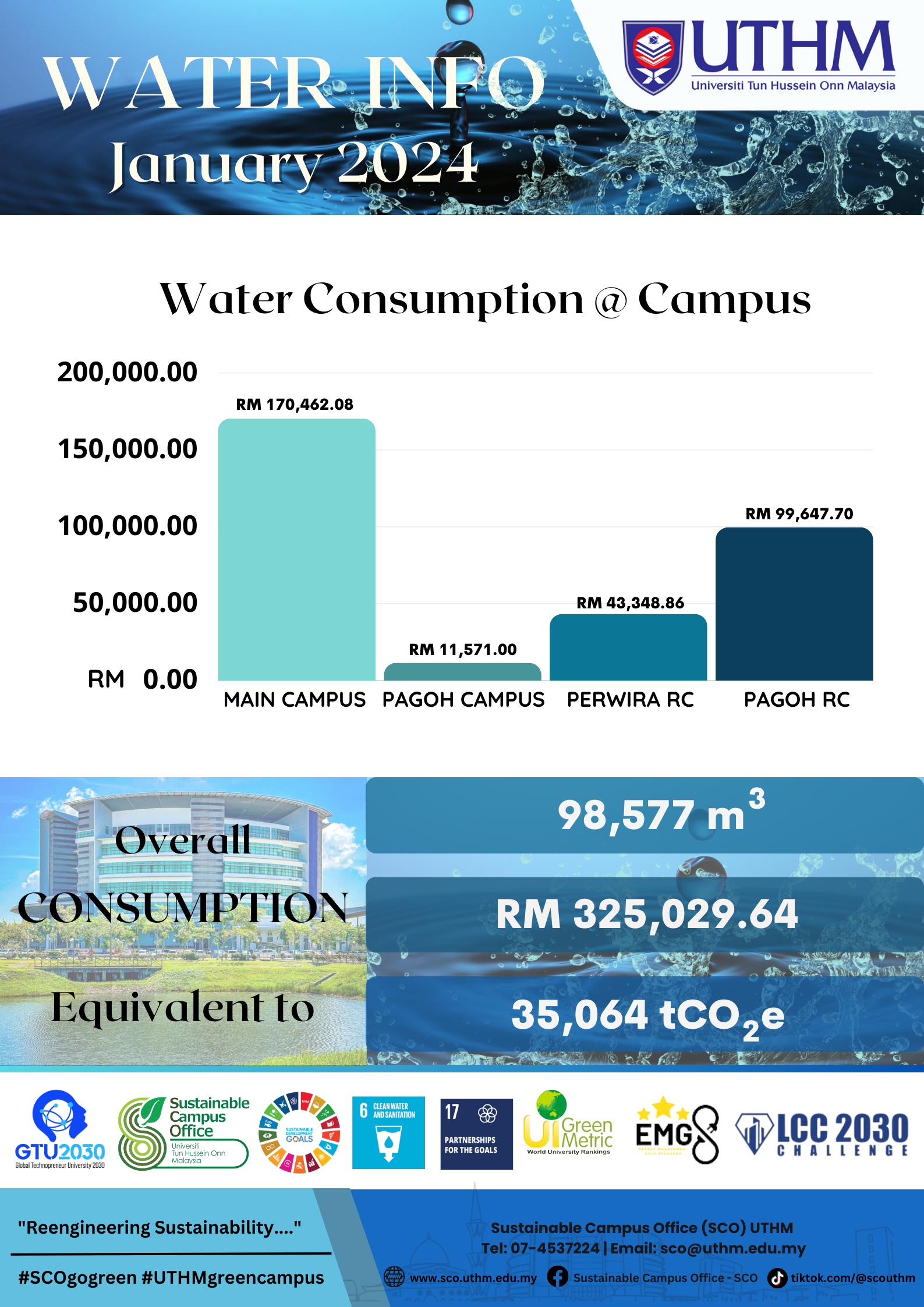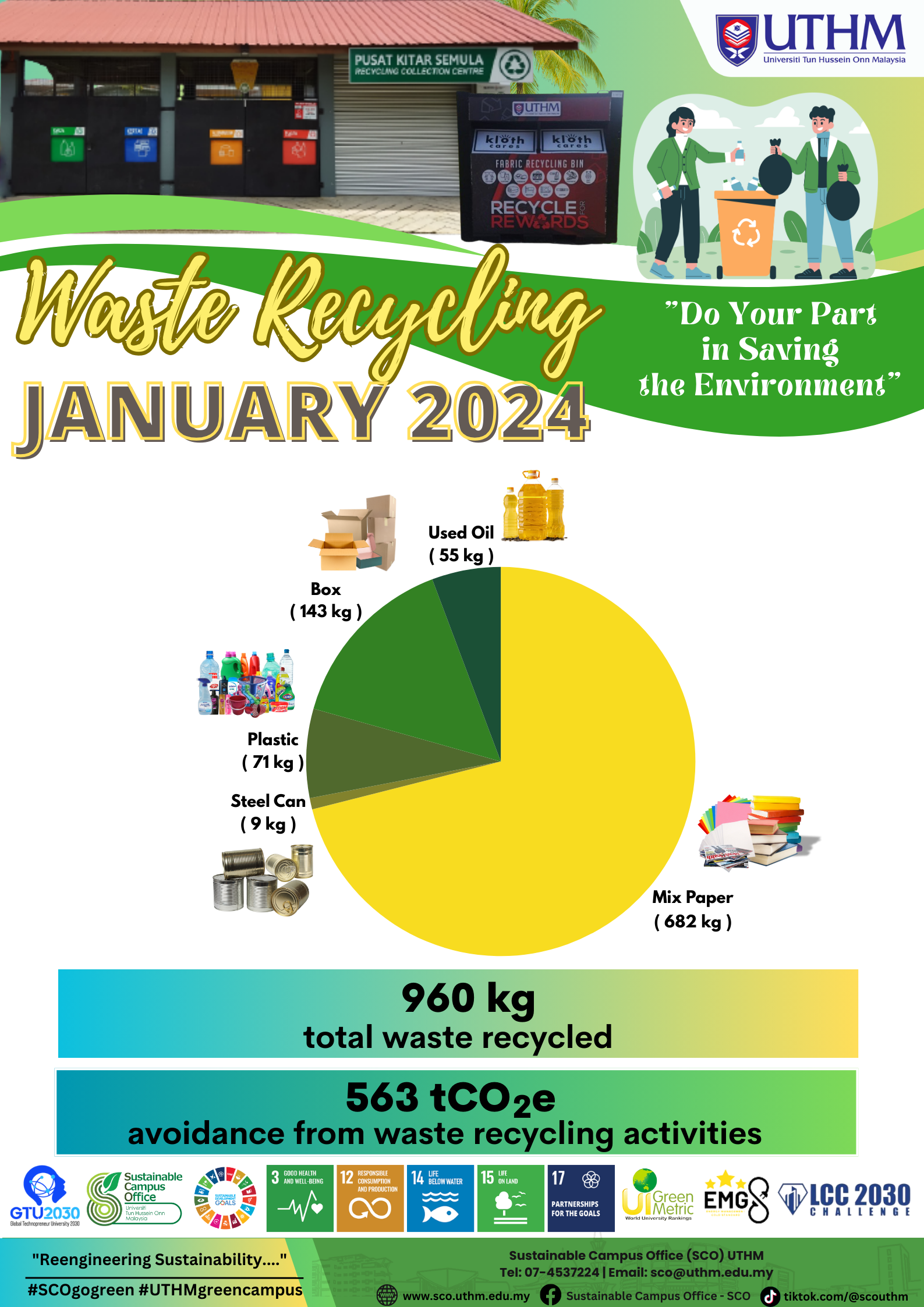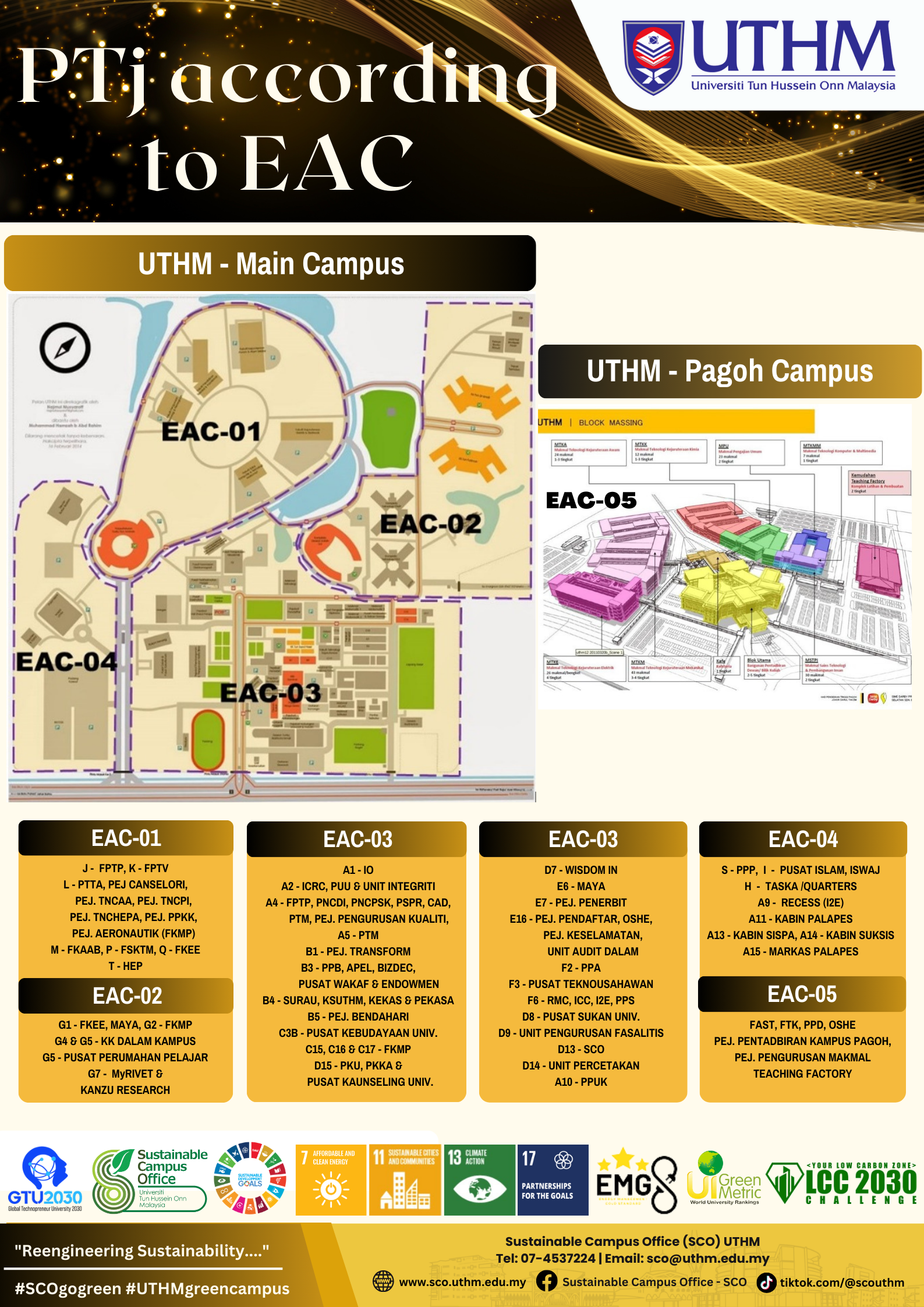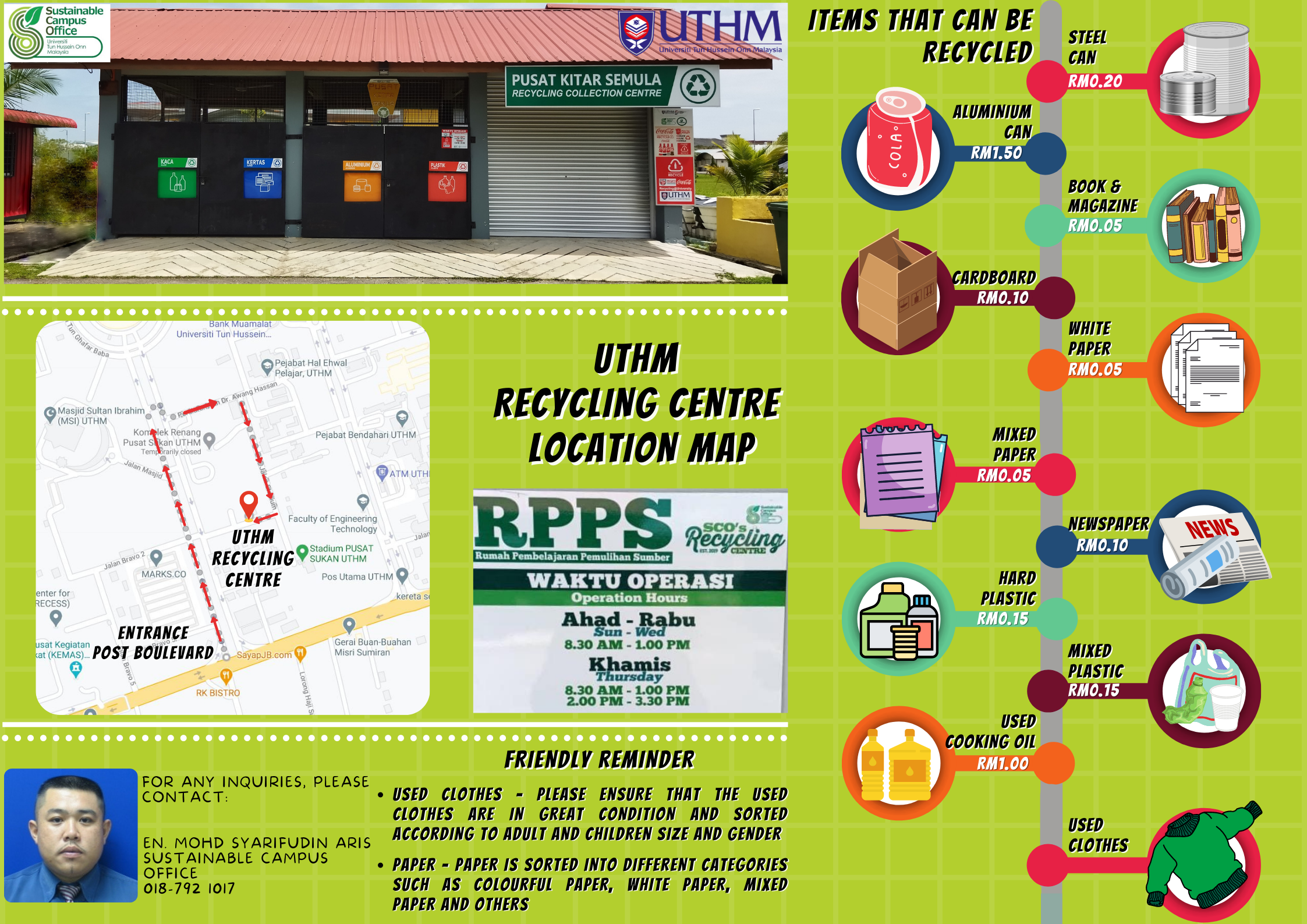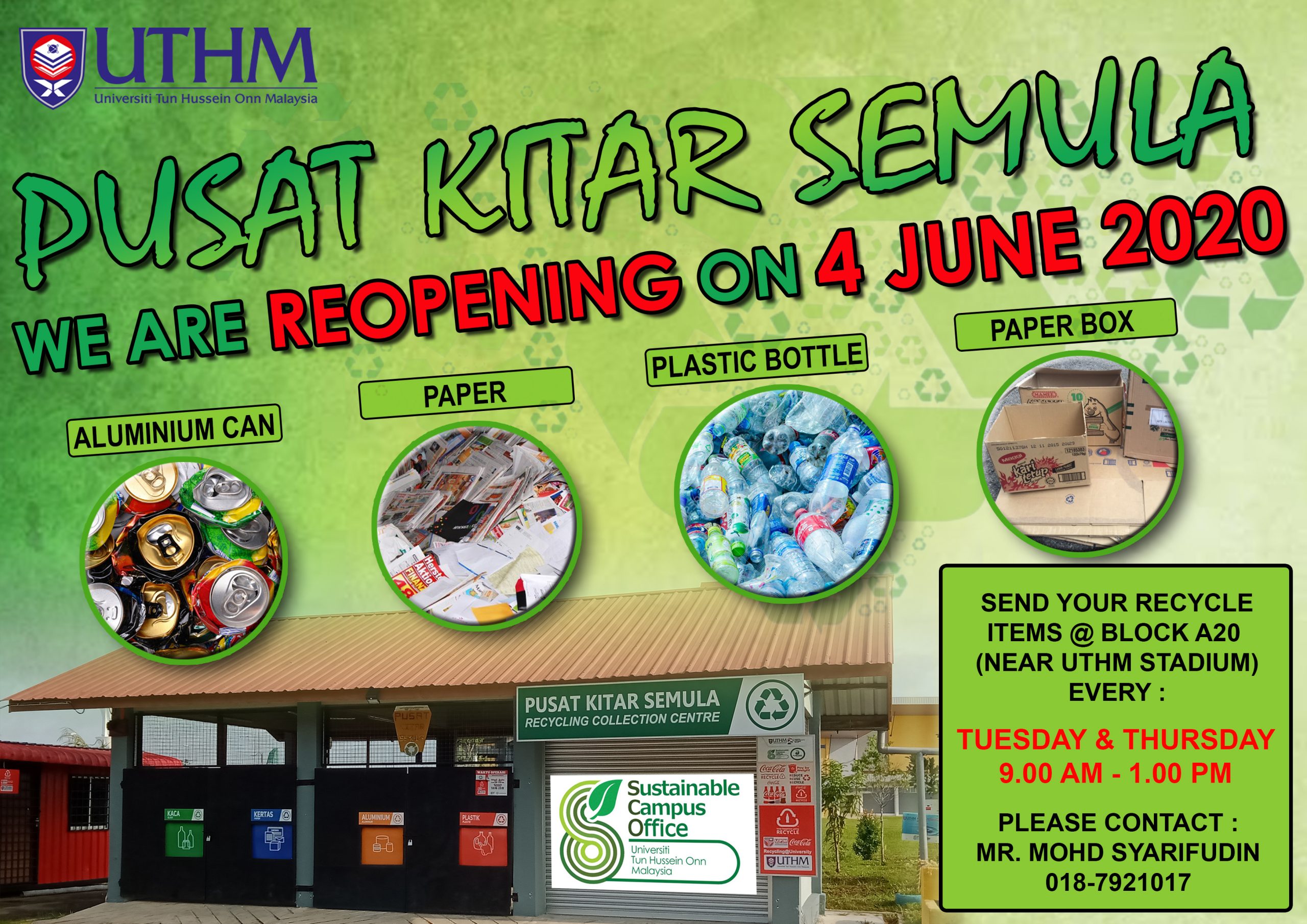Are The First Signs Of Sustainability Emerging From The Pandemic?
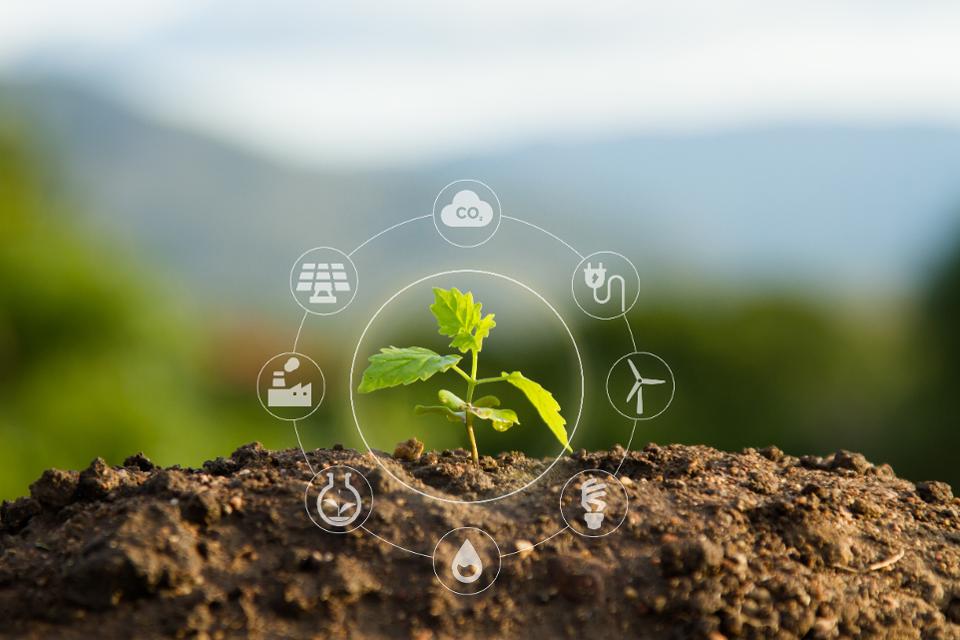
If there was ever a doubt the first signs of a more sustainable planet are emerging from the pandemic, consider this statement, a key finding from a recent Oxford Economics study of 1,000 supply chain executives:
“Sustainability will be a growing focus for organizations across industries over the coming years as they seek to meet internal goals, satisfy consumer demand, and comply with regulations.”
In addition, a majority of respondents from the Oxford study say their organizations have a plan to reduce carbon emissions (71%), supply chain leaders (the top 12% of respondents) are even more in tune with the importance of sustainability, with 86% say a sustainable supply chain is a competitive differentiator, compared with 68% of other respondents.
Covid-19 impact on Sustainability
On April 21st, we celebrated the 50th Anniversary of Earth Day. And this Earth Day was like no other as it was a digital event due to the Covid-19 pandemic.
And it was highlighted to everyone that would listen, that the pandemic created a positive, short-term impact on sustainability. With reduced manufacturing, travel and electricity demands, we are seeing short-term reductions in greenhouse gas emissions and improvement in air quality. The Center for Research on Energy and Clean Air reported that carbon dioxide emissions in China has reduced by 25%. According to CNN, people in some regions of India can see the Himalayas for the first time in 30 years, thanks to reduced air pollution. As the skies and rivers clear of pollution, we see examples such as fish swimming in the canals of Venice and bears and coyotes wandering around Yosemite National Park.
Sustainability is here for the long term
Looking to the future, as the world’s population grows, and the natural resources decline, we are challenged to minimize waste and recycle products and materials as they come to the end of life. Pre pandemic, we, as customers, were increasingly demanding ethically sourced products, manufactured and delivered through carbon neutral processes from sustainable companies.
Supply Chain Leaders were already responding to this fact, with 59% saying that customers are increasingly sensitive to such issues (vs. 49%); and 69% say that customer demands are guiding most of their sustainability initiatives (vs. 51%).
As we come out of the pandemic, companies will be less risk tolerant and will look to near-shore and on-shore production of key products. This will have a positive impact on the carbon emissions due to a reduction in distribution.
But this is only the beginning. A large majority of Leaders are already addressing sustainability issues in at least some of their products across manufacturing, engineering, and delivery, with over two-thirds (69%) saying they have implemented sustainable practices on a wide scale across in these areas.
This means designing products and packaging that are biodegradable, and environmentally sustainable. Sourcing materials ethically from organizations that follow social and humanitarian practices. Manufacturing with minimal waste and environment impact. Delivering with logistics processes that optimize loads to reduce mileage, emissions, and carbon footprint. And operating assets and equipment in an energy-efficient manner that is safe for the environment and workforce.
Leveraging supply chains to drive the recovery in the short term and become more resilient and sustainable in the long term will be an ongoing discussion in all boardrooms.
